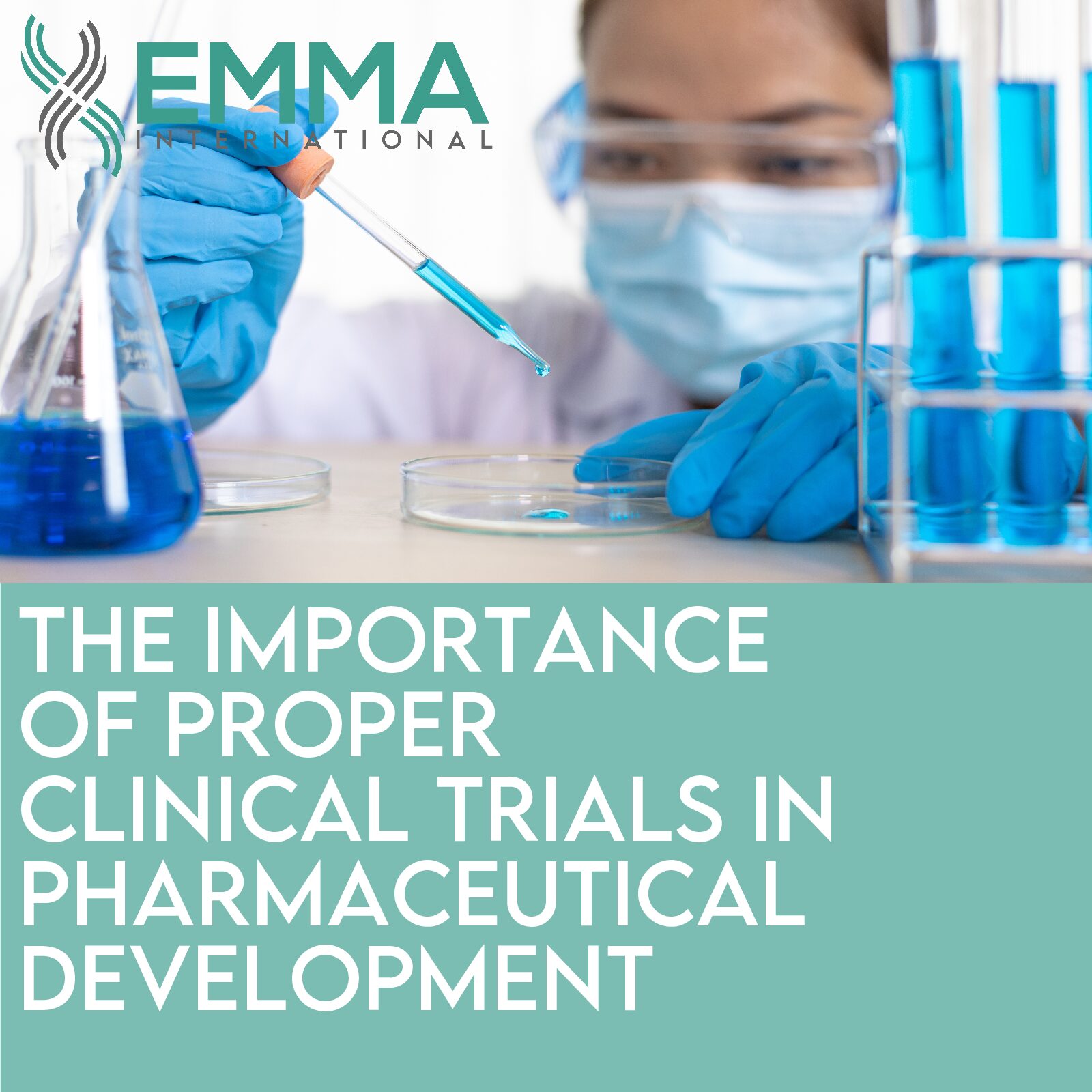In the fast-paced world of pharmaceuticals, the development of new drugs and therapies is essential to advancing healthcare and improving patient outcomes. However, the path from discovery to market approval is complex and fraught with potential risks. Proper clinical trials serve as the cornerstone of this process, ensuring that new treatments are both safe and effective before they reach the public. The importance of rigorous clinical trials must be emphasized not only for regulatory compliance but also for ethical responsibility and scientific advancement.
Ensuring Patient Safety and Efficacy
Clinical trials are meticulously designed to evaluate the safety and efficacy of new drugs. Without a structured testing framework, the risks of adverse effects and unintended consequences could jeopardize patient health. The importance of clinical trials was notably highlighted during the COVID-19 pandemic, where accelerated vaccine development required stringent testing to ensure both rapid deployment and safety (Polack et al., 2020). Regulatory bodies such as the FDA and EMA mandate multiple phases of trials to systematically assess drug reactions, interactions, and overall effectiveness.
Regulatory Compliance and Market Approval
Proper clinical trials are not only a scientific necessity but also a regulatory requirement. Agencies like the FDA, EMA, and WHO enforce strict guidelines to ensure that pharmaceuticals meet quality and safety standards before public availability. Compliance with Good Clinical Practice (GCP) guidelines helps maintain the integrity of trial data and upholds ethical treatment of participants (ICH, 2022). Failure to adhere to these regulations can result in market withdrawal, legal repercussions, and damage to a company’s reputation.
Ethical Responsibility and Public Trust
The ethical implications of clinical trials cannot be overlooked. Historically, unethical practices in clinical research have led to significant harm, eroding public trust in pharmaceutical companies. The Nuremberg Code and the Declaration of Helsinki established principles that govern modern clinical research, emphasizing voluntary participation and informed consent (World Medical Association, 2013). Pharmaceutical consultants play a crucial role in ensuring that clinical trials are conducted with transparency and adherence to ethical standards, thereby fostering public confidence in new treatments.
Scientific Advancement and Real-World Evidence
Beyond regulatory compliance, well-structured clinical trials contribute to the broader scientific community. Trials not only validate hypotheses but also generate real-world evidence that can shape future research. The use of advanced methodologies, such as adaptive trial designs and real-world data analytics, has improved the efficiency and reliability of clinical trials (Sherman et al., 2016).
Conclusion
Proper clinical trials are indispensable in the pharmaceutical industry. They ensure patient safety, facilitate regulatory approval, uphold ethical standards, and contribute to scientific progress. As the industry evolves with emerging technologies and methodologies, maintaining rigorous clinical trial practices remains paramount. Pharmaceutical companies that invest in well-executed trials not only safeguard public health but also strengthen their credibility in a competitive market.
Reach out to us today at info@emmainternational.com or call us at (248) 987-4497 to learn how EMMA International can help you achieve your goals.
References
- ICH. (2022). Good Clinical Practice (GCP) Guidelines. International Council for Harmonisation of Technical Requirements for Pharmaceuticals for Human Use.
- Polack, F. P., et al. (2020). Safety and Efficacy of the BNT162b2 mRNA COVID-19 Vaccine. New England Journal of Medicine, 383(27), 2603-2615.
- Sherman, R. E., et al. (2016). Real-World Evidence—What Is It and What Can It Tell Us? New England Journal of Medicine, 375(23), 2293-2297.
- World Medical Association. (2013). Declaration of Helsinki—Ethical Principles for Medical Research Involving Human Subjects.




